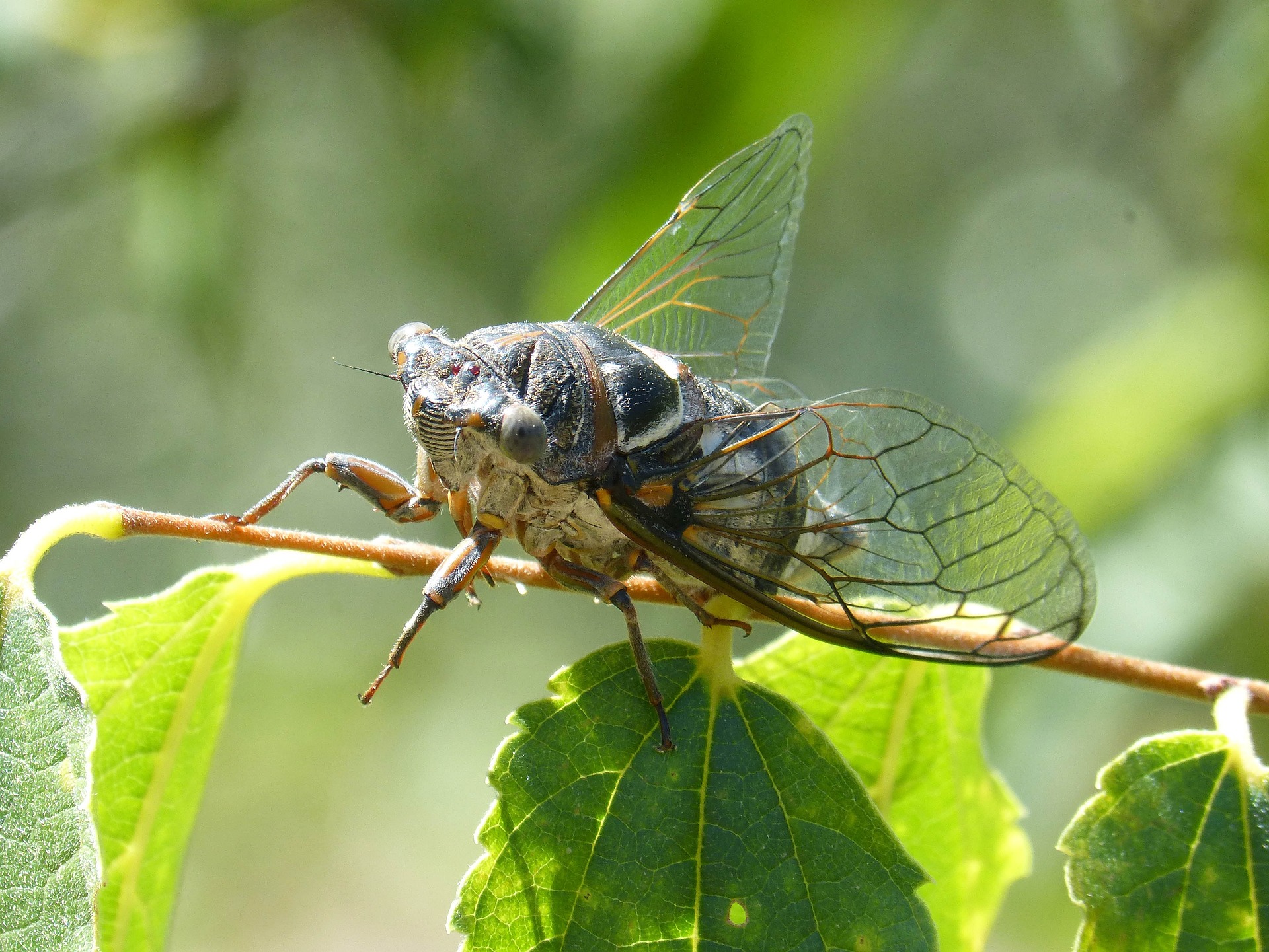Cicadas continue to show up across Illinois, and it could be a while before is over. Many spots around Illinois have a lot of cicadas, while others don’t. The reason this year’s emergence is special is because two groups, Brood XIII and Brood XIX, are coming out at the same time. This hasn’t happened in more than 220 years.
A Surge of Cicadas Across Illinois
Illinois has seen large amounts of cicadas in different areas. However, not all areas are affected equally. Dr. Gene Kritsky from Mount St. Joseph University has been monitoring the situation closely. According to him, the cicada emergence lasts about two weeks. There have been three major emergences in Chicago recently and he expects more over the next 10 days.
Cicada Sightings Hotspots
- In West Suburbs of Chicago, there’ve been plenty of sightings near Downers Grove and Oak Park.
- In Southern Suburbs, Palos Park and Park Forest have reported high numbers.
- In Northern Suburbs, Lake Forest and Highland Park also have heavy cicada activity.
Despite big numbers at these hotspots, suburbs like Elgin, Barrington and Hoffman Estates report hardly any cicada activity. According to Kritsky, this is because new construction or soil excavation can disrupt the habitat for cicadas making their numbers fewer.
Cicadas Life Cycle
Cicadas still follow their life cycle above ground after they emerge from below it. As Kritsky points out, not long from now cicada sightings will decrease but you’ll still hear them making noise till mid-June.
Why do Cicadas Emerge?
Cicadas spend most of their lives below ground where they feed off tree roots. When they emerge, usually in large numbers, it’s to mate. It’s the males that buzz loudly to attract females and this loud noise can be heard far and wide. After mating, the female then has about 500 to 600 eggs which she lays in tree branches. These eggs hatch after six weeks and begin the cycle over again by going underground.
Evidence of Temperature Influence
There are evidence cicadas are influenced by temperature. They emerge when soil warms up to 64 degrees. This year that happened in May and early June, but cold weather can impact this process.
Climate Change Impact on Cicada Cycle
Cicadas rely on trees for feeding, and so are sensitive to variations in seasons because that affects water flow within trees. Unusual weather patterns caused by climate change could confuse cicada cycles since warming during winter months can make them think it’s time for emergence earlier than scheduled something witnessed with Brood X in Cincinnati where cicadas came out 4 years early.
Potential for Forming New Broods
Early emergence could result in formation of new broods if reproductive success is achieved a phenomenon seen where Brood XIII cicadas appeared overly early back in 2020. Should reproduction continue, there may end up being new broods following different cycles.
Cicada Booms Noted in Missouri and Southern Illinois
Missouri and Southern Illinois are seeing surges of their own with cicada populations due to full-fledged emergence of Brood XIX noises from them singing will last till late June before they disappear, then replaced by yearly appearing cicadas active till October.
What will transpire next?
The regular emergence of Cicadas demonstrates not just their life cycle intricacy but also interaction with surroundings which is quite revealing,
- Joint emergence of Brood XIII and XIX in 2024.
- Unequal emergence across all areas attributable to differing habitats.
- Cicadas will remain highly active and sound till late June.
- Climate change can impact regular patterns leading potentially to creation of new broods when they emerge out of cycle.
Stay updated on cicada sightings
Dr Kritsky has developed the Cicada Safari app for submission of pictures revealing locations where cicadas are emerging, helping both civilians and researchers understand behavioral patterns better. By June end, noises will subside as cicadas complete their life cycles. Meanwhile, the spectacle is worthy of enjoyment or mild annoyance but importantly, it’s a once in many generations’ spectacle seen in the Great Cicada Emergence during 2024.











+ There are no comments
Add yours